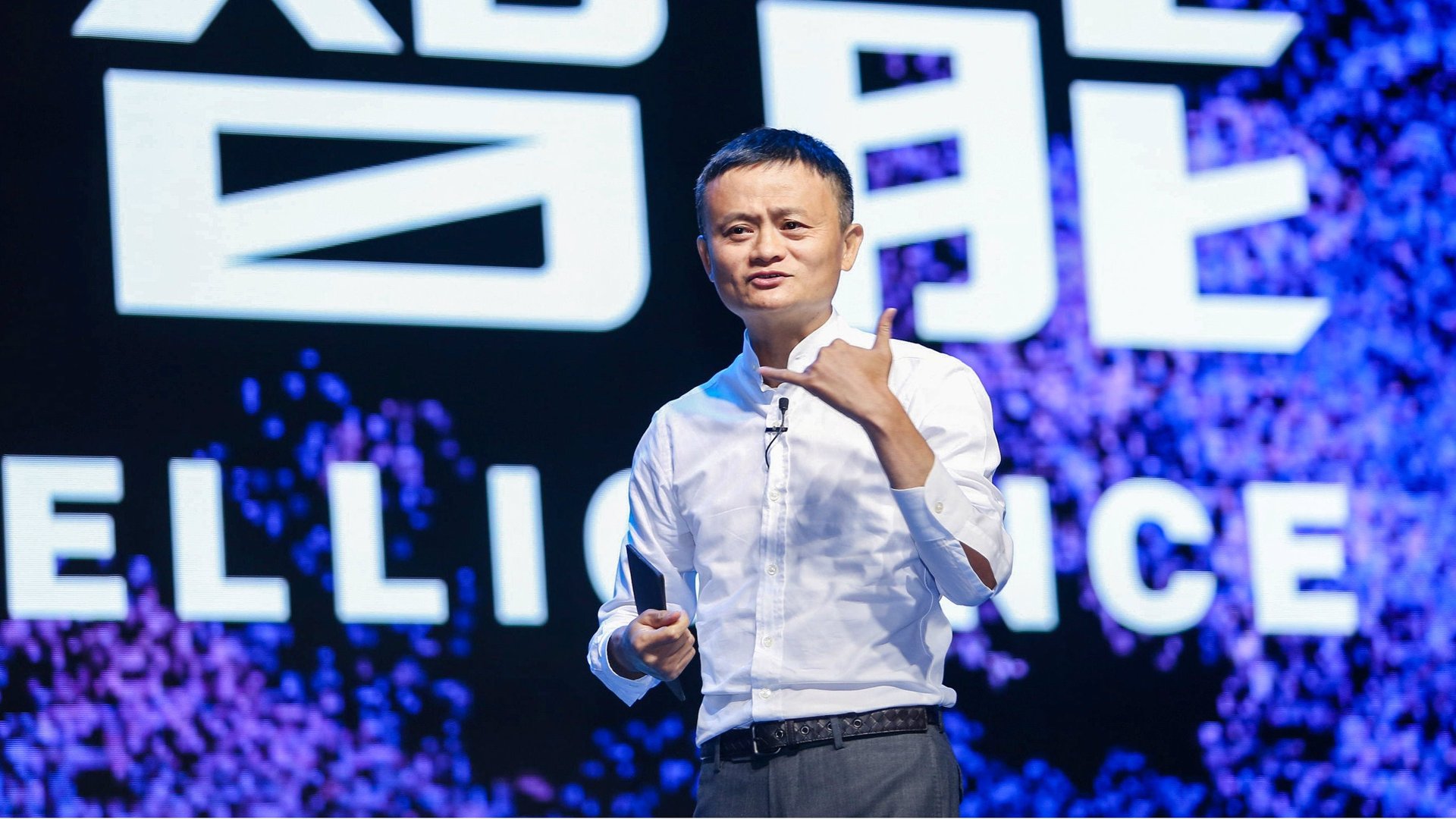Alibaba is plowing $15 billion into R&D with seven new research labs worldwide
China’s largest e-commerce company is spending big money to move past its image as a mere online marketplace.


China’s largest e-commerce company is spending big money to move past its image as a mere online marketplace.
Today at its annual cloud computing conference in Hangzhou, Alibaba CTO Jeff Zhang announced the company will launch Alibaba DAMO Academy, a program that will set up research and development labs worldwide. The effort highlights how Alibaba is working to expand beyond Chinese e-commerce, its bread-and-butter, and become a global tech giant capable of competing with the likes of Google, Microsoft, and Amazon.
DAMO, which stands for “Discovery, Adventure, Momentum, and Outlook,” will open seven labs: Two will be in China (in Beijing and Hangzhou, Alibaba’s hometown), while the others will be in Singapore, Moscow, Tel Aviv, Bellevue (in the Seattle area), and San Mateo (in Silicon Valley). They will focus on “foundational and disruptive technology research” in areas such as data intelligence, natural-language processing, quantum computing, and machine learning. The labs will publish papers and develop technology that can used by both Alibaba and third parties.
According to a spokesperson, the Singapore lab will be the first overseas one to open, with a launch expected early next year, and the academy is currently recruiting 100 researchers to join the project as official Alibaba employees. Alibaba has also formed an advisory board that includes scientists at Chinese and overseas research institutions. Among them are Harvard geneticist George Church, founder of the Personal Genome Project, and Jeanette Wing, director of the Data Science Institute at Columbia University and a former vice president at Microsoft Research.
Funding for the academy comes as part of a larger $15 billion push into R&D that Alibaba has planned for the next three years. That amount represents a near doubling of the $2.5 billion (pdf, p. 7) the company spent in “product development” during the fiscal year ended in March 2017.
The announcement comes as Alibaba and other Chinese internet companies continue to look overseas for R&D improvements. In May, Shenzhen-based social media giant Tencent said it would launch an AI research lab in Seattle, to be headed up by Yu Dong, a former scientist at Microsoft. That same month, Chinese ride-hailing giant Didi Chuxing opened its AI R&D center in Mountain View, California to develop technology for autonomous driving. Chinese search engine giant Baidu also has an AI lab in Silicon Valley that it established in 2013. Building such labs outside of China helps these companies attract world-class talent.
The academy also marks Alibaba’s attempt to move beyond e-commerce and into other realms of technology—an effort that mirrors that of Amazon, the company’s closest US-based analog. Alibaba has invested heavily in cloud computing and now has 14 data centers spread across China, Silicon Valley, Europe, and Southeast Asia—all of which serve clients who use Alibaba Cloud, similar to Amazon Web Services. The company has also poured resources into artificial intelligence, placing it squarely against Tencent and Baidu in China. And in July it unveiled the Tmall Genie X1, similar to the Amazon Echo home assistant.